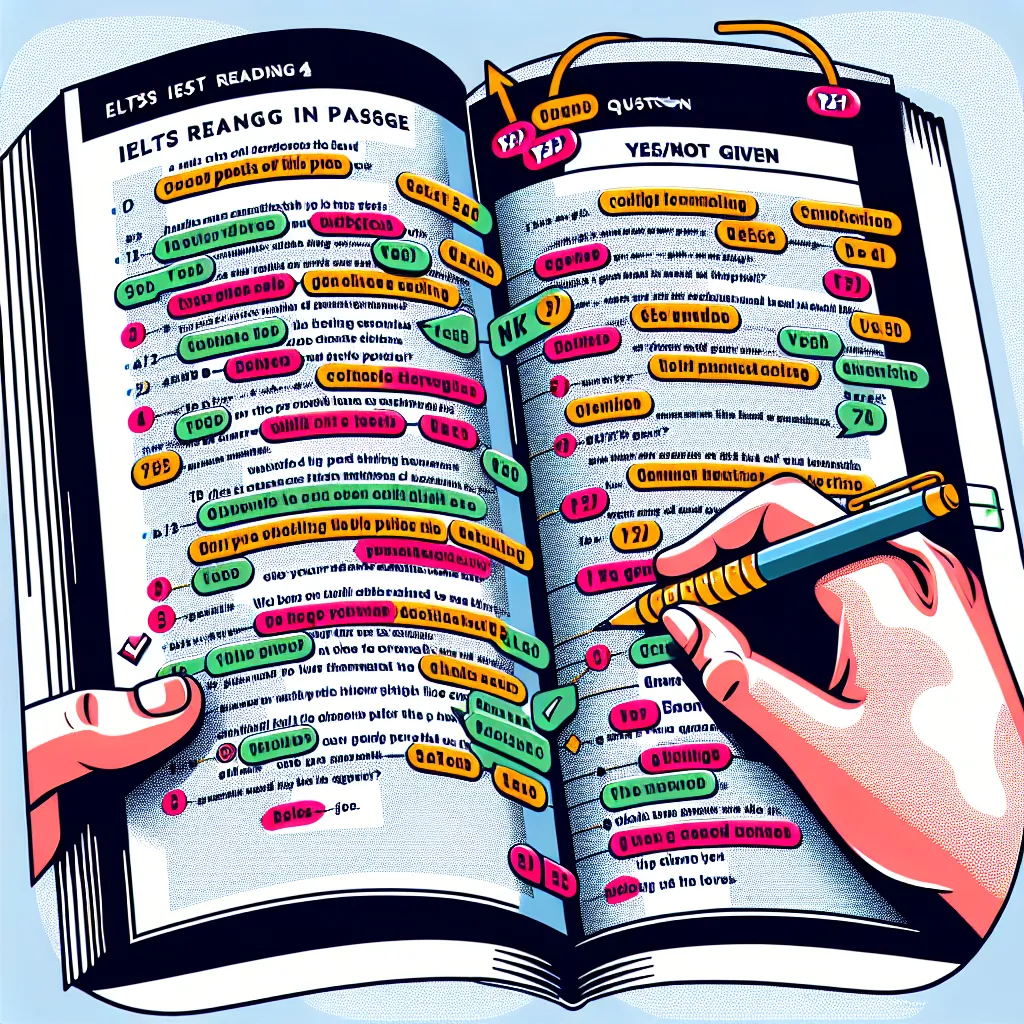Are you preparing for the IELTS Writing test and struggling with paraphrasing? You’re not alone. Many test-takers find paraphrasing challenging, yet it’s a crucial skill for achieving a high score in IELTS Writing. In this comprehensive guide, we’ll explore effective strategies to enhance your paraphrasing abilities, helping you boost your IELTS Writing performance.
Understanding the Importance of Paraphrasing in IELTS Writing
Paraphrasing is the art of restating information using different words while maintaining the original meaning. In IELTS Writing, it’s essential for several reasons:
- It demonstrates your language proficiency
- It helps you avoid plagiarism
- It shows your understanding of the given information
- It’s a key requirement in both Task 1 and Task 2
Mastering paraphrasing can significantly impact your overall IELTS Writing score, making it a skill worth investing time and effort to improve.
 IELTS Writing Paraphrasing
IELTS Writing Paraphrasing
Effective Techniques to Enhance Your Paraphrasing Skills
1. Expand Your Vocabulary
A rich vocabulary is the foundation of excellent paraphrasing. Here’s how to build it:
- Read extensively in English (newspapers, academic journals, novels)
- Use a thesaurus to find synonyms and antonyms
- Learn word families (e.g., ‘economics’, ‘economical’, ‘economize’)
- Practice using new words in context
2. Master Sentence Structure Variations
Changing sentence structures is a powerful paraphrasing technique:
- Convert active voice to passive voice (or vice versa)
- Break long sentences into shorter ones
- Combine short sentences into complex ones
- Change word order while maintaining meaning
Example:
Original: “The graph shows a significant increase in online sales over the past decade.”
Paraphrased: “Over the last ten years, as illustrated by the graph, there has been a notable rise in e-commerce transactions.”
3. Use Synonyms and Antonyms Wisely
While synonyms are useful, be cautious:
- Ensure the synonym fits the context
- Be aware of slight differences in meaning
- Use antonyms with negative forms to convey the same idea
Example:
Original: “The city experienced rapid growth in population.”
Paraphrased: “The urban area saw a swift expansion in its number of inhabitants.”
4. Practice Identifying Key Information
To paraphrase effectively, you need to:
- Understand the main ideas in the original text
- Distinguish between essential and non-essential information
- Focus on rephrasing the core message
5. Develop Your Own ‘Paraphrasing Toolkit’
Create a personal collection of:
- Transition phrases
- Academic vocabulary
- Reporting verbs
- Hedging language
This toolkit will provide you with ready-to-use alternatives when paraphrasing.
Common Pitfalls to Avoid in IELTS Writing Paraphrasing
- Over-reliance on synonyms: Don’t simply replace every word with a synonym. Focus on restructuring sentences.
- Changing meaning: Ensure your paraphrase maintains the original meaning.
- Plagiarism: Avoid copying phrases directly from the source text.
- Overcomplicating: Keep your paraphrases clear and concise.
Practical Exercises to Improve Paraphrasing Skills
-
Daily Paraphrasing Practice:
- Choose a paragraph from an English news article
- Rewrite it in your own words
- Compare your version with the original
-
Paraphrase Chain:
- Start with a simple sentence
- Paraphrase it
- Then paraphrase your paraphrase
- Repeat 3-4 times, ensuring each version maintains the original meaning
-
IELTS-style Task Analysis:
- Review sample IELTS Writing tasks
- Identify information that needs paraphrasing
- Practice rewriting these sections
-
Peer Review:
- Exchange paraphrasing exercises with a study partner
- Provide feedback on each other’s work
- Discuss alternative ways to express the same ideas
Leveraging Technology for Paraphrasing Practice
While it’s crucial to develop your own skills, technology can assist your learning:
- Online thesaurus and dictionary tools
- Paraphrasing practice websites
- Language learning apps with paraphrasing exercises
Remember, these tools should complement, not replace, your own efforts.
 IELTS Paraphrasing Practice
IELTS Paraphrasing Practice
Integrating Paraphrasing into Your IELTS Preparation Routine
- Allocate specific time for paraphrasing practice in your study schedule
- Use paraphrasing techniques when taking notes from your IELTS study materials
- Incorporate paraphrasing into your speaking practice to improve overall language flexibility
- Review your paraphrased work critically, looking for areas of improvement
Next Steps: From Practice to Perfection
- Take timed practice tests to simulate exam conditions
- Seek feedback from IELTS tutors or experienced peers
- Analyze high-scoring IELTS Writing samples to understand effective paraphrasing
- Keep a log of your progress and areas for improvement
Conclusion
Improving your paraphrasing skills for IELTS Writing is a journey that requires consistent practice and dedication. By employing the strategies outlined in this guide, you’ll not only enhance your performance in the IELTS Writing test but also develop a valuable skill for academic and professional communication. Remember, effective paraphrasing is about conveying ideas clearly and accurately in your own words. With regular practice and persistence, you’ll see significant improvements in your ability to paraphrase confidently and effectively.
Keep practicing, stay motivated, and watch your IELTS Writing scores soar!
[internal_links]
- IELTS Writing Task 1: A Step-by-Step Guide
- Top Strategies for IELTS Writing Task 2
- Common IELTS Writing Mistakes and How to Avoid Them
- Vocabulary Boosting Techniques for IELTS Success
[/internal_links]




